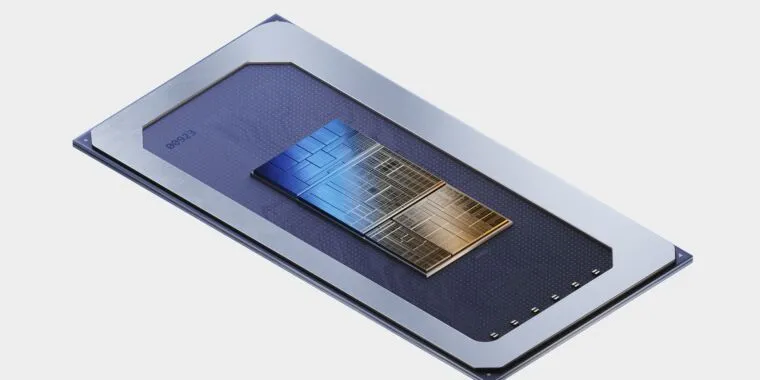Intel doesn’t think that Arm CPUs will make a dent in the laptop market
Intel doesn’t think that Arm CPUs will make a dent in the laptop market

arstechnica.com
Intel doesn’t think that Arm CPUs will make a dent in the laptop market

Intel doesn’t think that Arm CPUs will make a dent in the laptop market::"They've been relegated to pretty insignificant roles in the PC business."